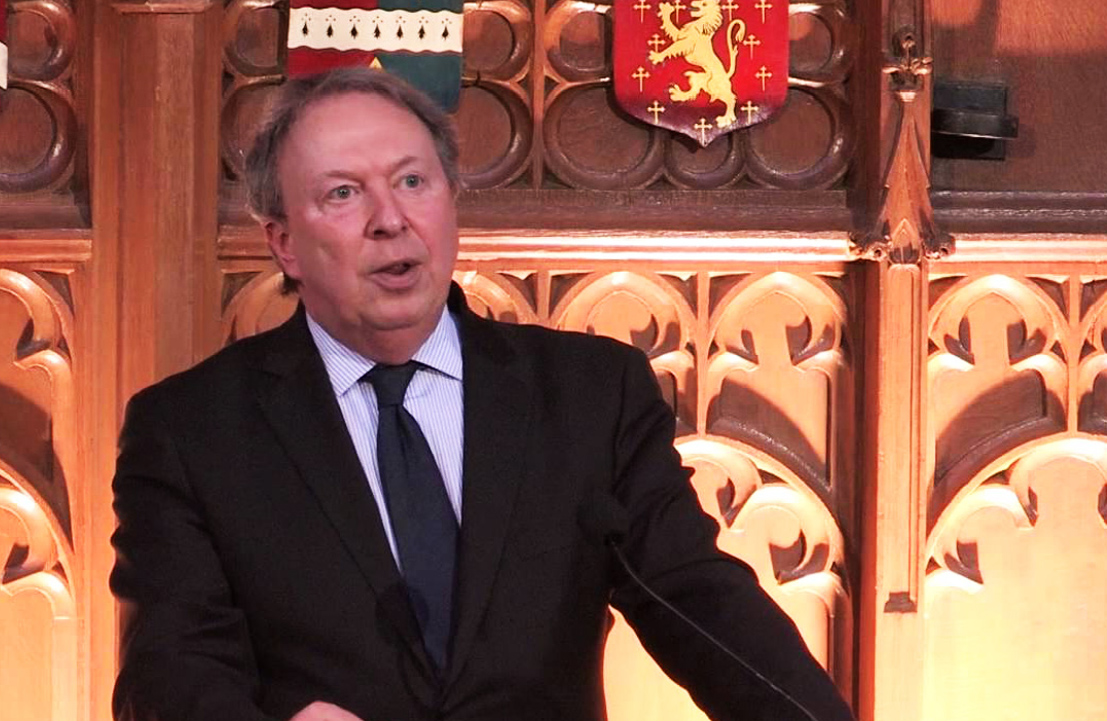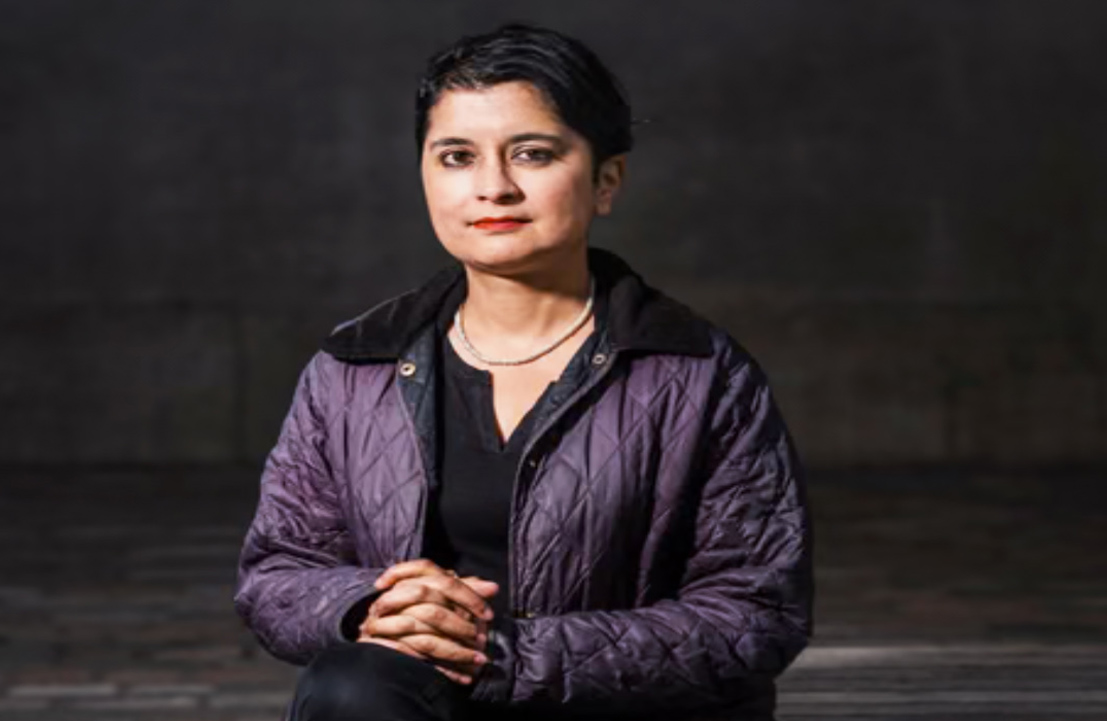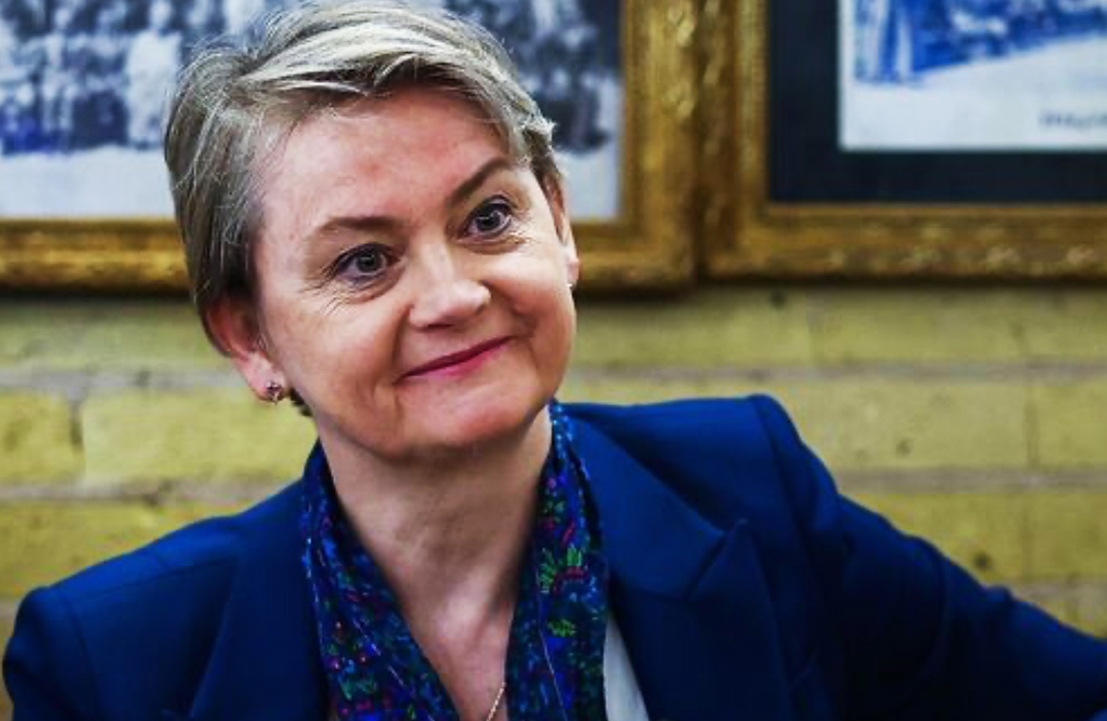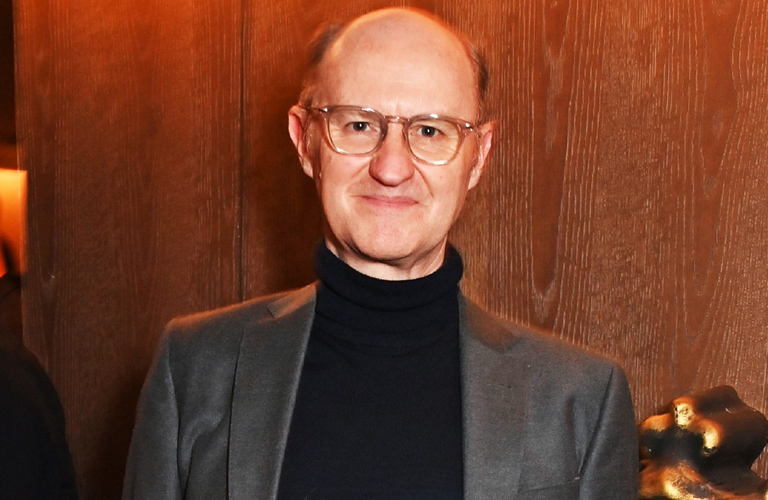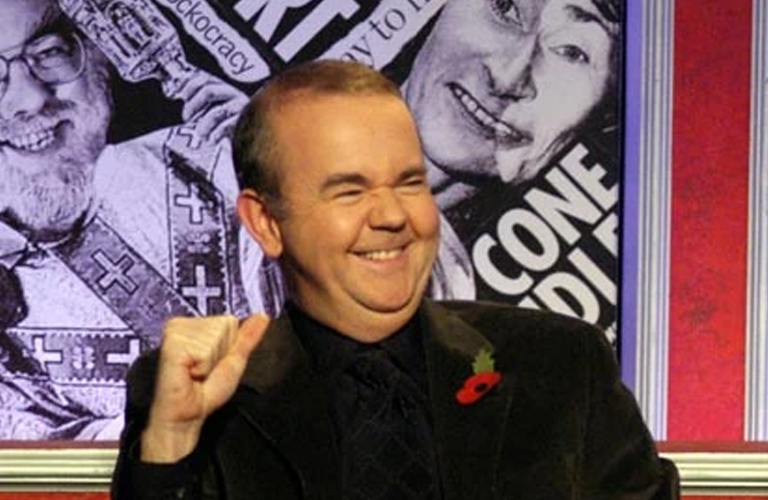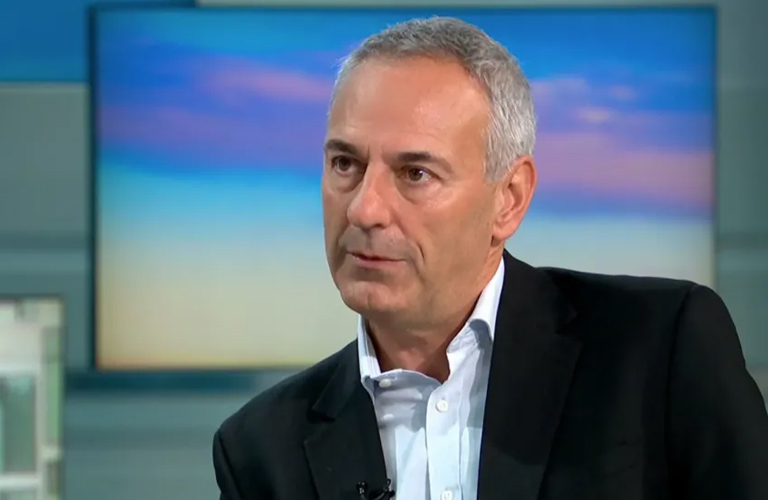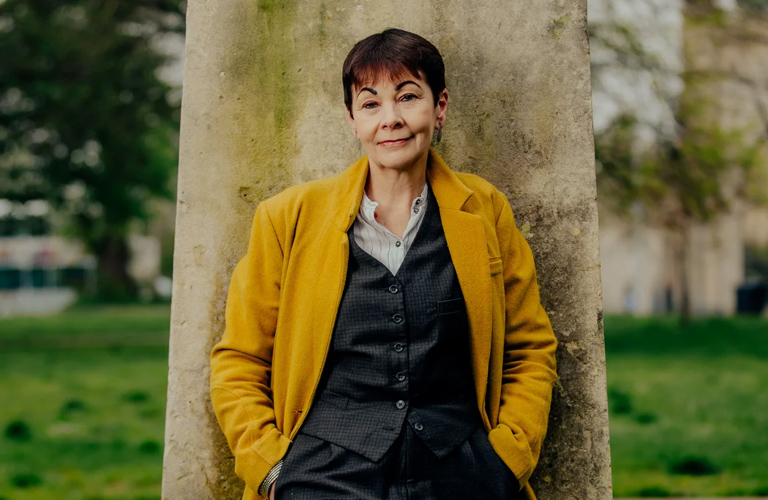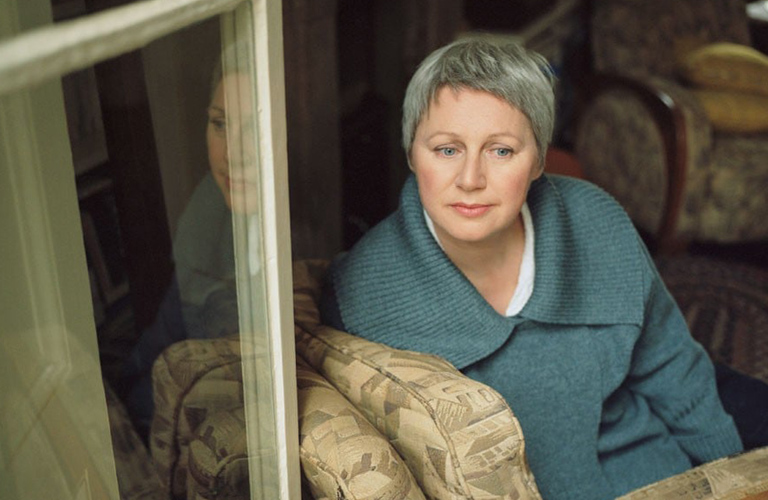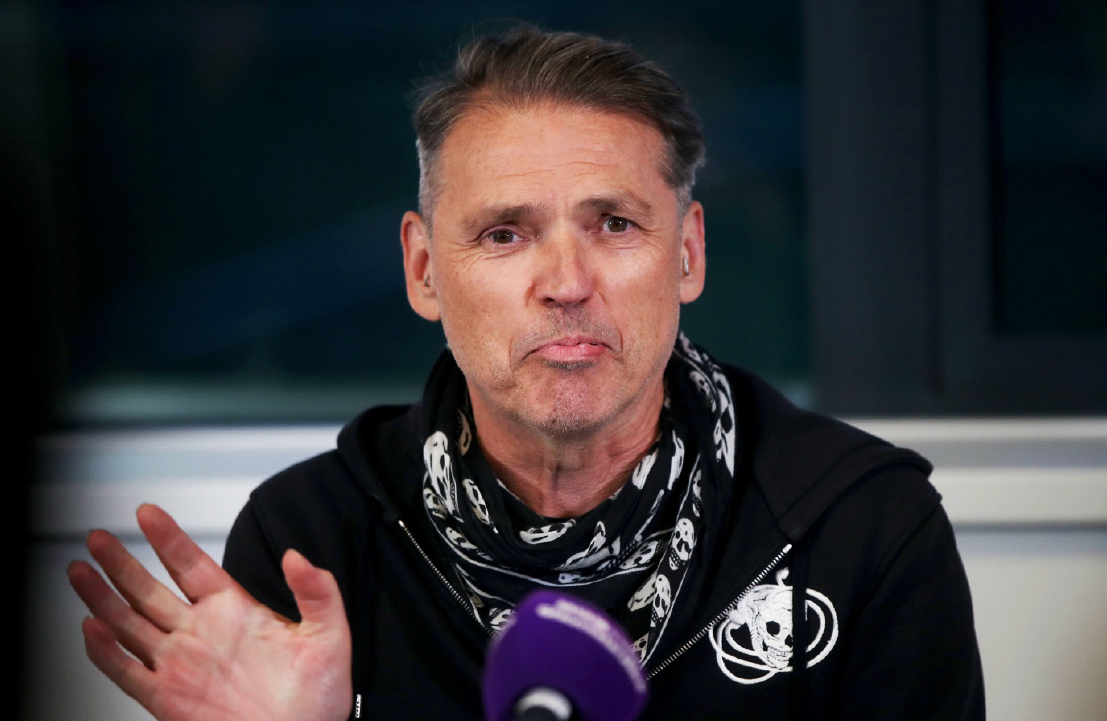
The Green Industrialist
Dale Vince has never been content just standing still. Born in 1961 in Great Yarmouth, Norfolk, his early years were defined not by boardrooms or business plans but by an almost nomadic lifestyle. In his youth, he spent a decade travelling Britain in converted vehicles, living off the grid and embracing a countercultural spirit that would shape his later achievements. What might have seemed like an unconventional start to life in fact gave Vince a unique perspective: a deep appreciation of nature, a belief in sustainable living, and the conviction that society could — and should — be powered differently.
This perspective became the foundation for his life’s work. In 1995, Vince founded Ecotricity, the world’s first green electricity company. At a time when renewable energy was still seen as a fringe ideal rather than a mainstream necessity, Ecotricity’s mission was both radical and visionary: to bring clean energy to ordinary households in the UK. Starting with a single wind turbine near Stroud, Gloucestershire, Vince grew the company into a pioneering force, providing 100% renewable electricity and challenging the dominance of fossil fuels. Today, Ecotricity stands as one of Britain’s most innovative and environmentally committed energy suppliers, a testament to Vince’s persistence and passion.
But his influence goes far beyond the power grid. Vince has consistently pushed boundaries in multiple sectors. He is the driving force behind Forest Green Rovers Football Club, which under his ownership has become recognized by FIFA and the United Nations as the “world’s greenest football club.” The team plays on an organic pitch, serves vegan food, and is powered entirely by renewable energy — turning what might have been a modest League Two side into a global symbol of sustainability. This fusion of sport and environmentalism is vintage Vince: unconventional, attention-grabbing, and deeply effective in sparking conversation.
A serial innovator, he has explored ventures in electric transport and green technology, including developing electric cars long before they were fashionable. His projects have spanned from erecting windmills to advancing ideas for Britain’s energy independence. Vince’s entrepreneurial streak is matched only by his activism; he has often been a vocal critic of government inaction on climate change, and he has put his money where his mouth is by donating to causes, campaigns, and political movements that align with his vision of a cleaner, fairer future.
Despite his considerable success, Vince retains the air of a maverick outsider. His trademark look — long hair, simple clothing, an approachable demeanor — reflects the authenticity of someone who has never lost touch with his roots. He is less the stereotypical tycoon and more the eco-warrior who happens to have reshaped an industry. That authenticity is one of his greatest strengths: people believe in him because he embodies his principles.
Dale Vince’s story is ultimately one of transformation: from traveler to trailblazer, from tinkerer with wind turbines to national figurehead for sustainability. His legacy is already profound — cleaner energy, greener sport, and a louder voice for the planet. And yet, true to his restless nature, he shows no sign of stopping. In Dale Vince, Britain has not just an industrialist, but a visionary who proves that business can be a force for good.






